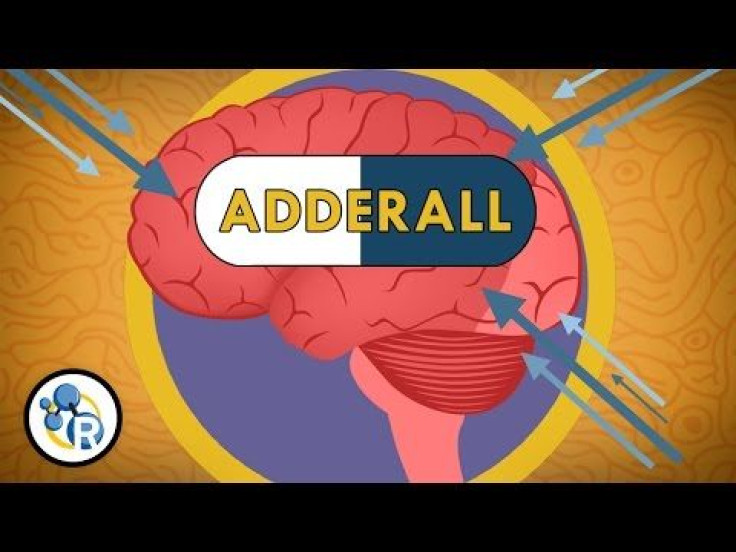How Adderall Affects The Brain, Boosting Energy And Focus

Though people with narcolepsy, depression, and attention deficit hyperactivity disorder (ADHD) all benefit from taking Adderall, most people probably know the drug for its unintended purpose — helping college students get through a night of cramming for a final exam the next day. Because so many students use it for last-minute studying, Adderall and other drugs like Ritalin are often called “smart drugs.” But do they really make people smarter in such a short amount of time?
Adderall is a combination drug containing amphetamine and dextroamphetamine. Together, these drugs stimulate the central nervous system, tapping into the brain’s reserves of neurotransmitters like norepinephrine and dopamine, and releasing them. As the people over at Reactions explain in their YouTube video, Adderall is meant to help people who aren’t able to produce dopamine at the same levels as healthy people. For this reason, many students use it on the presumption that it’ll help them focus, stay energized, and improve memory.
But while it may improve focus and energy, it may not do much for memory and subsequent test performance. In a 2010 study, researchers had 47 young adult college students take either Adderall or a placebo, and then undergo a number of cognitive tests. The tests looked at everything from working memory to raw intelligence to memories of specific events and faces, The Daily Beast reported. When the participants were asked how they thought they performed, those who took Adderall were more likely to say they did better because the pill helped them. However, the results showed none had performed any differently.
Other studies have suggested there might be mild cognitive improvements, although these tend to be inconsistent, and depend on the person taking them. Nevertheless, these drugs should only be taken by those who they’re prescribed to. For a more detailed explanation of how the brain reacts to the drug, check the video out.



























